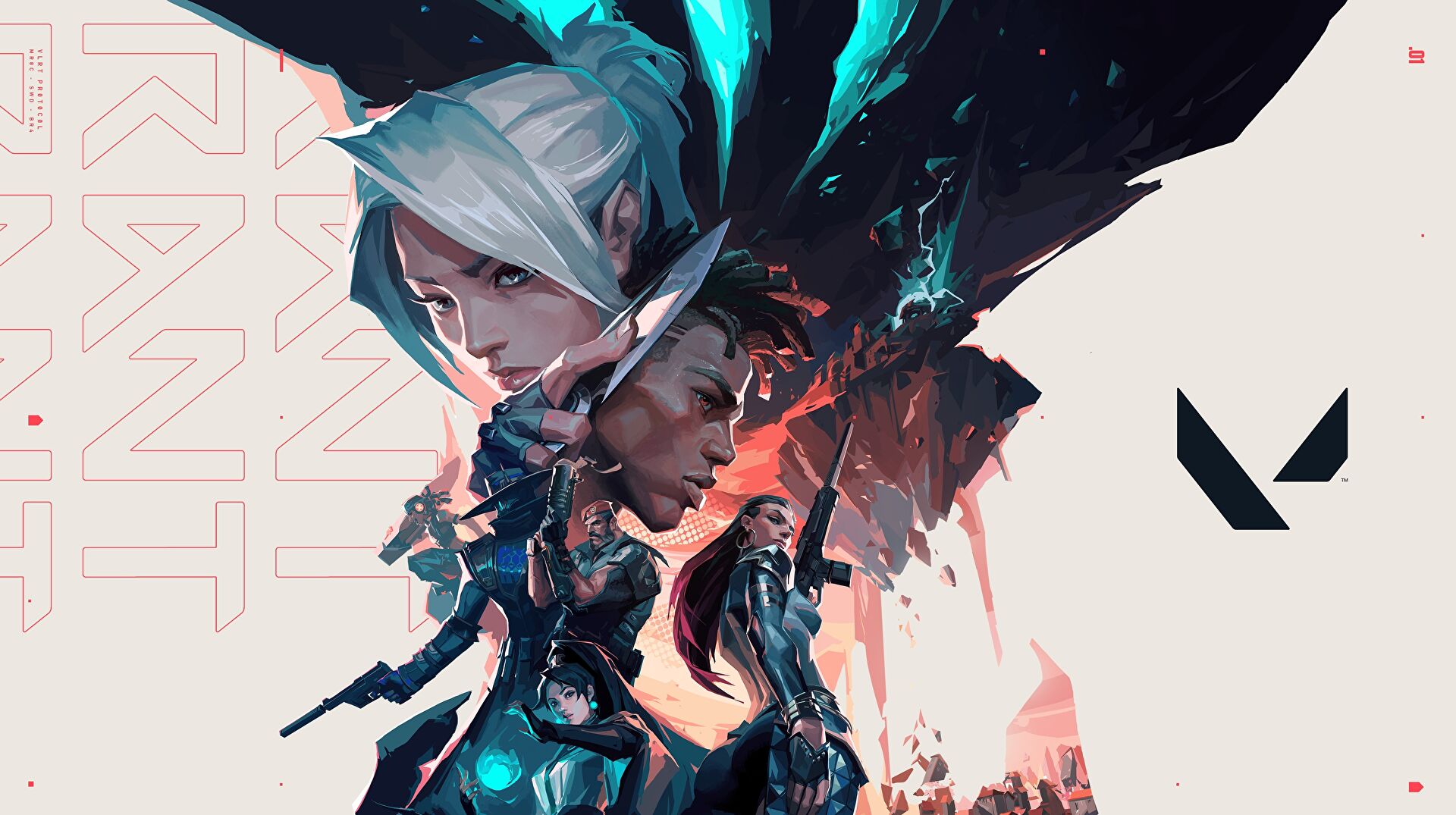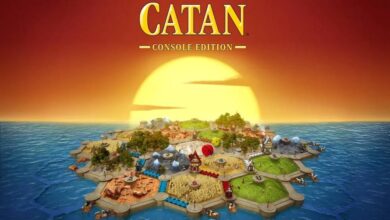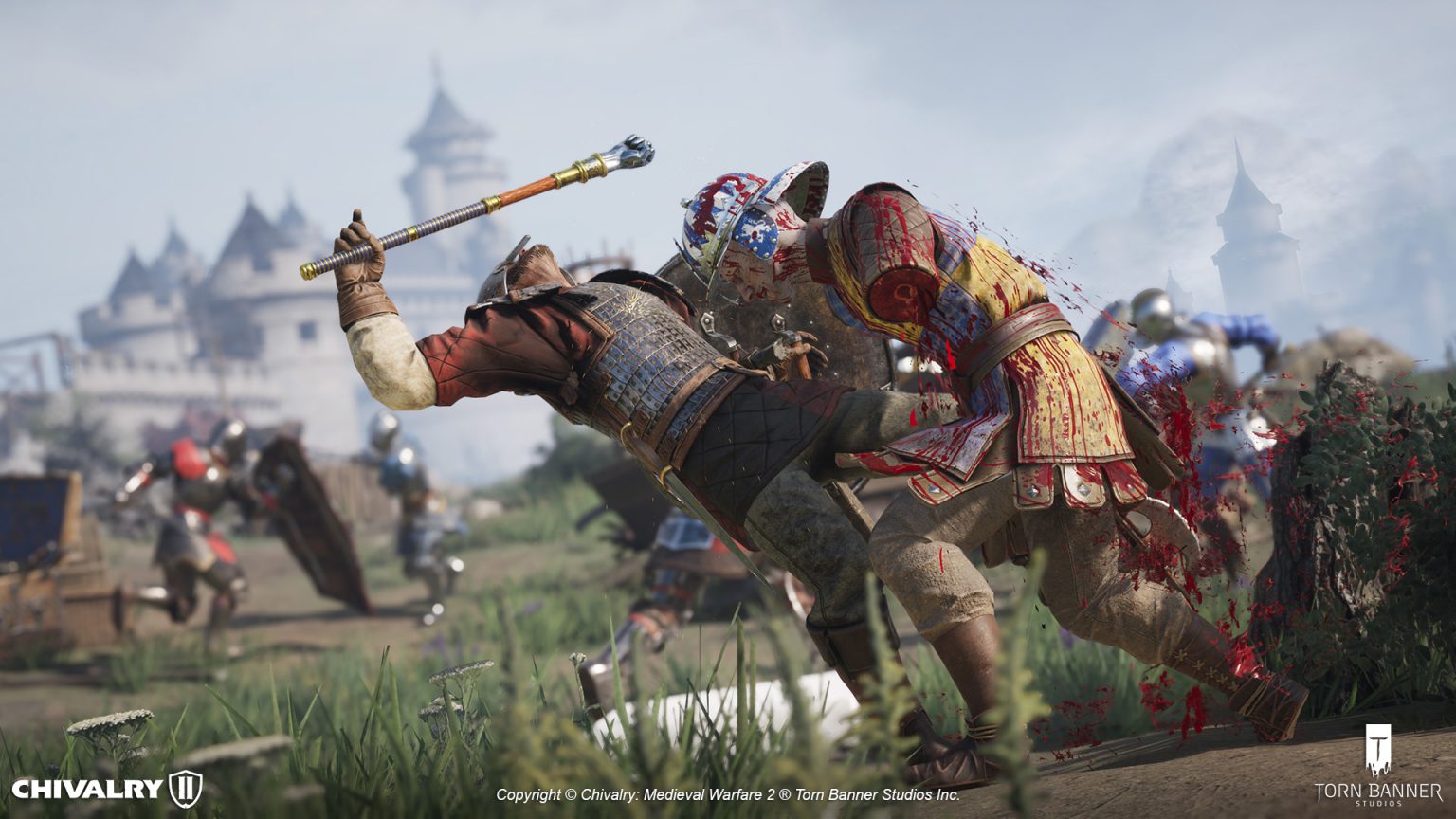Gaming is awash with remakes and remasters these days. In the last few years, some of the biggest hits have been Mass Effect: Legendary Edition, The Legend of Zelda: Skyward Sword HD, Final Fantasy 7 Remake, and Demon’s Souls. That’s not to mention that the upcoming Life is Strange remaster, Dead Space remake, and Pokemon Gen 4 revivals are three of the most anticipated titles due to launch in the next couple of years, too. Every week, there’s a debate around which classic game needs a remaster – and every week, the answer is the original Tomb Raider series. But while games are often given a modern makeover, studios themselves rarely get remastered – with the newly launched Raccoon Logic, however, that’s exactly what happened.
“The joke is it’s Typhoon Remastered,” Alex Hutchinson, creative director of both Raccoon Logic and Typhoon Studios – and former director of the Assassin’s Creed series – tells me. “It's probably 75 percent Typhoon staff and 25 percent new people. We were trying to improve and cover some holes that we found on [Journey to the Savage Planet]. On the first game, I was the only producer and I was the only designer. And that's awesome sometimes, but a lot of things fall through the cracks. Having someone dedicated to these roles is better for the team in terms of management and reliability, and benefits design in terms of depth. Just dotting all the i’s and crossing all the t’s. So we've hired a bunch of new exciting people who are fitting in really well, but we've got some continuity from the Typhoon people.”
Related: NEO: The World Ends With You Shows What The Triple-A Scene Has Been Getting Wrong
Raccoon Logic is going to follow Typhoon’s ethos, sticking to smaller scale games and more manageable, less alienated teams. “We like being able to walk around the studio, talk to everyone, and have a good relationship with the people working there,” executive producer at both studios and former executive producer on the Batman: Arkham games Reid Schneider says of Raccoon Logic. “It's like, ‘These are their kids or their pets’, or all that kind of stuff, and not, ‘We have no idea who this person is’. And so for us, that's really what we're about. One of things we're really proud of Typhoon [for] is when we shipped Savage Planet, we didn’t have any crunch. So it was really sustainable. And one of the best ways to do that, in our opinion at least, is to have a reasonable size team and you scope accordingly. And then you can make games that are really high quality and really fun, and have a fixed target [instead of] this feature creep where all of a sudden you're trying to jam everything into it because someone somewhere said you need it.”
Having both worked on games with much bigger scopes – Assassin’s Creed, Batman, Far Cry, and more – Typhoon and Raccoon’s smaller scale inevitably means there are some features and elements the new studio simply can’t implement. To hear Hutchinson tell it though, that’s not a bad thing. “The first time we dipped a toe in the water for indie with Typhoon, that sort of scale felt comfortable to us,” he says. “We always felt at the triple-A studios that there was a lot of dead weight in the big projects, like you're attempting to appeal to everyone all the time. We've got the buffet lunch approach, where you like steak and here’s your steak, you want a multiplayer shrimp buffet, here it is – you're jamming it all in there. We realised that you could take any one of those pots and with a much smaller team still have triple-A quality, but not have this breadth of content.”
Typhoon is best known for Journey to the Savage Planet, with Google buying up the rights to the IP – and ownership of the studio in general – when Typhoon became a Stadia studio shortly before Savage Planet launched in early 2020. Savage Planet is one of the most recognisable Stadia products, but still sold better on other systems. When Google shut down all of the Stadia studios a few months ago, Raccoon Logic was able to get its baby back.
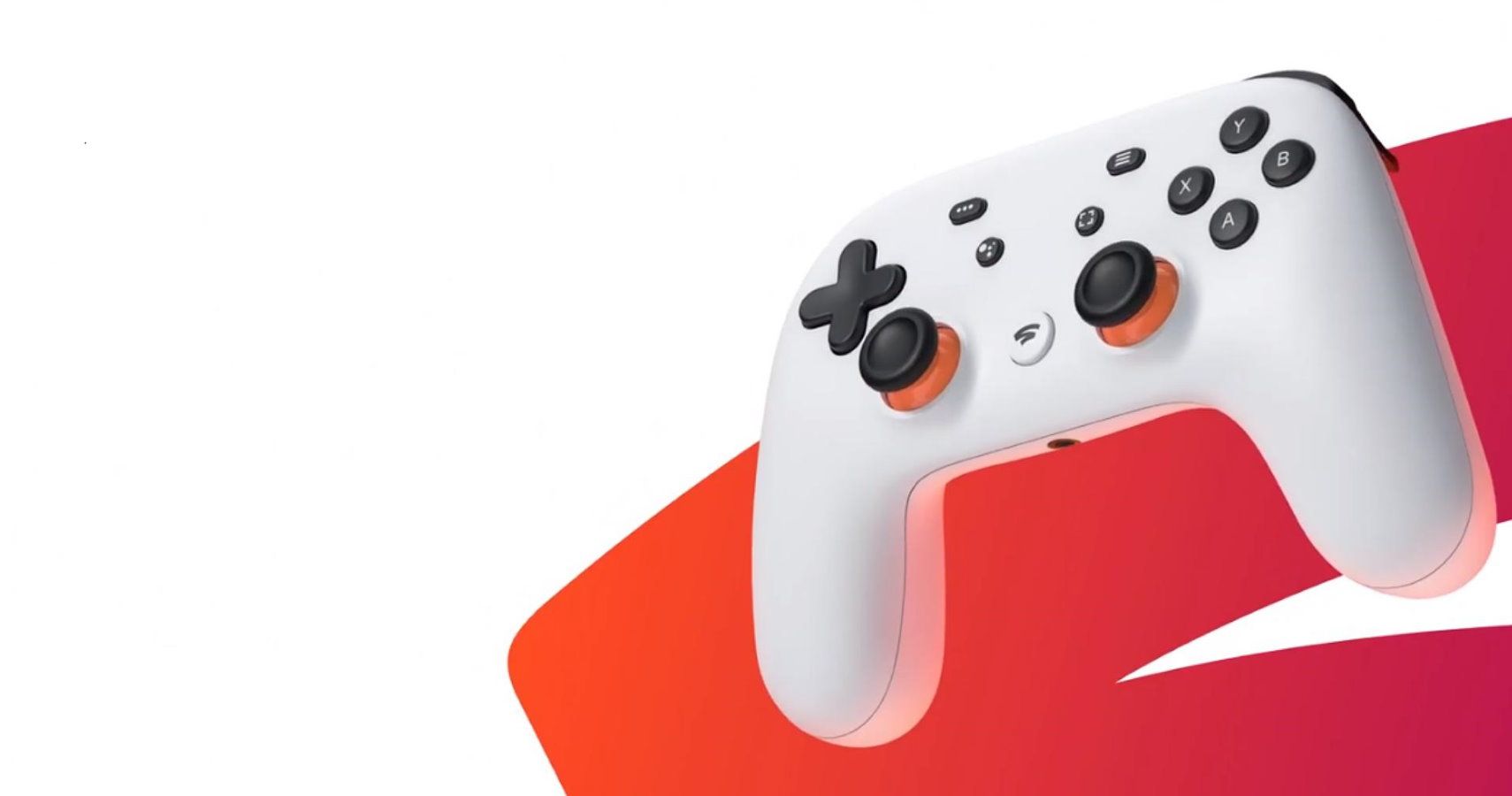
“That really was our baby,” Schneider says. “We put a lot of ourselves into the game. In some cases, quite literally, there's actually pictures of people from the team in the game. When [Stadia’s studios] shut down, we had a whole lot of conversations with Google. And as Alex said, it was really generous of them. And we'd appreciate it because they're getting out of internal development, but for us, it was really important to be able to get that back and to continue on. It's really tough to build a new IP that resonates with people and touches a nerve, so to speak. We had a lot of people in the community asking us for more DLC or sequels in this world. Like, ‘Wouldn't it be great if we could satisfy that?’ When you make a game, you tend to see that the first one’s cool, but the second one's when you put in a lot of the ideas that you didn't get to on the first one. Game sequels tend to improve with time versus movie sequels, which tend to decay.”
Don’t get too excited yet, Savage Planet fans. Hutchinson and Schneider both stressed that having the IP back is great, but it’s not confirmation that Savage Planet 2 will be the debut project for Raccoon Logic, with the team still in discussions over what game gets their focus first. Whatever it is, it won’t have “thousands of hours of content,” but will instead aim for the middle ground of players looking to actually finish their video games. “I think the audience is much bigger than people think, and much more varied than people think,” Hutchinson says. “If you control your budget a little bit, you can find several million people who want a finishable game, even though there's a very loud segment of the internet which is always shouting about the same stuff. I don't think they represent everybody. I think you can be successful in different ways and that's reassuring.”
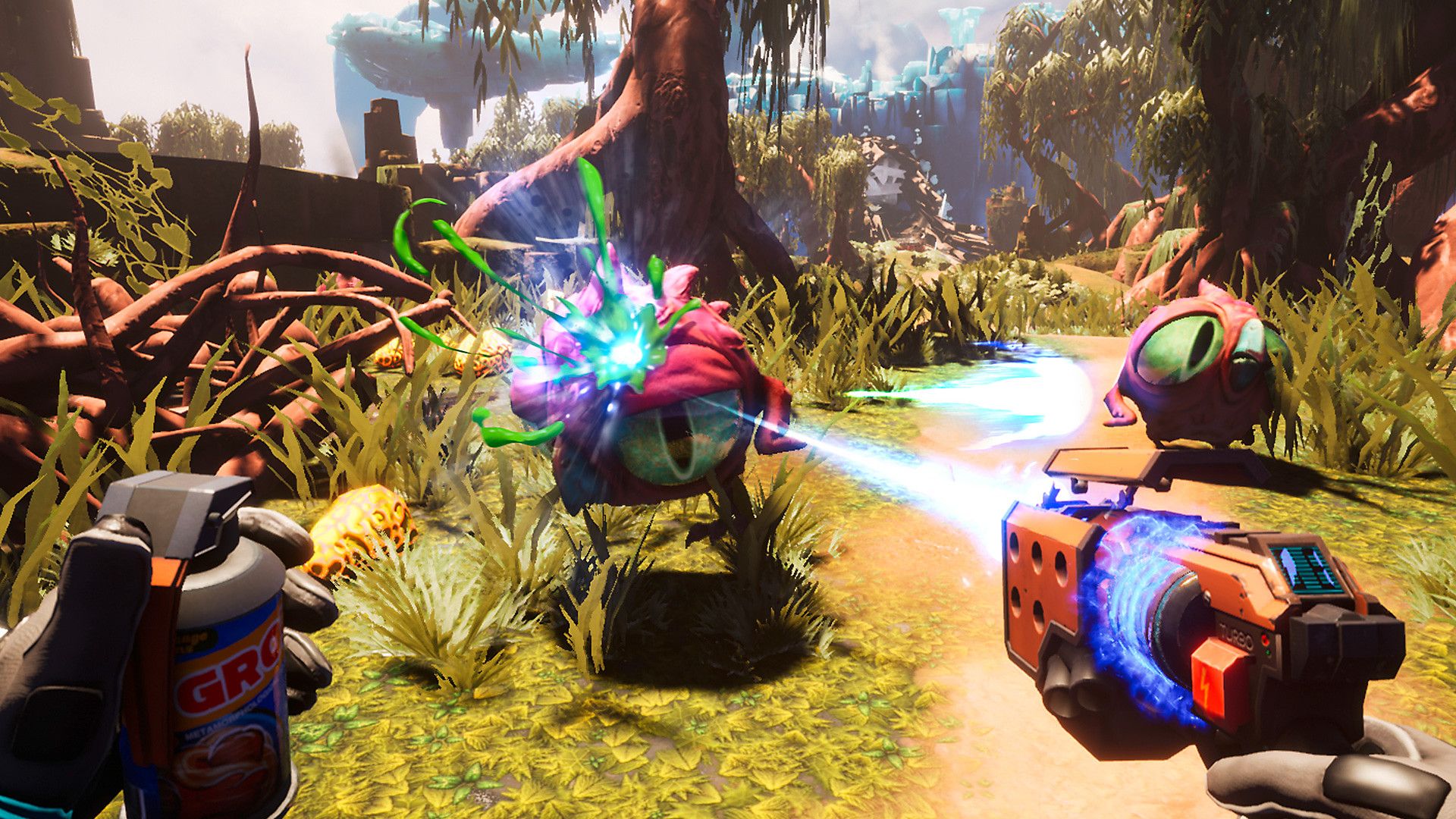
Having been inside the rise and fall of Stadia studios, you might think Hutchinson and Schneider have some tales to tell. Certainly, when we discussed the failings of the triple-A scene they have left behind, the pair did not pull their punches. That’s not the case with Stadia, however. Both seem to have relatively fond memories of the platform, and think once the initial kinks are worked out, the idea will take off – of course, it remains to be seen if Google will stick around long enough to be the ones to make a success out of it.
“I still believe that streaming is one of the many futures in our business,” Hutchinson says. “Having easy access to games you love anywhere on any device will work and will be great. But it's still driven by software. We've heard the demise of every platform. Remember when PC gaming was dead for 20 years? And now it's huge. Handheld gaming was dead, console gaming has been dead – everything has been dead and yet all that is still alive and well, if you have content that people want. I still love the idea of being able to go to the hotel and keep playing my game without having to drag my Xbox or laptop around or even the easy future playing on the plane. If I'm on a flight back to Australia for 28 hours, this is the perfect time to rediscover Japanese role-playing games, but currently, it’s too difficult. The future is also always slower than people want it to be. It's like they say ‘It's tomorrow’ and you're like, ‘No, it's probably 15 years’.”
Of course, with anything in games, the problem is simple to understand but difficult to fix – get better games. “I would say having had firsthand experience of the actual core tech [that] being able to play the game on the core tech is really cool,” Schneider says. “I think from our side, we're hopeful that they're successful with what they do with it. It needs content, at the end of the day, right? People buy systems for the games. You might have a very small percentage of people who are these hardcore adopters, just because they want to try it. But really, if you want to get a real audience, there just needs to be great games.”
Next: K/DA Just Had A Record Go Gold – Here’s Why That’s A Big Deal
